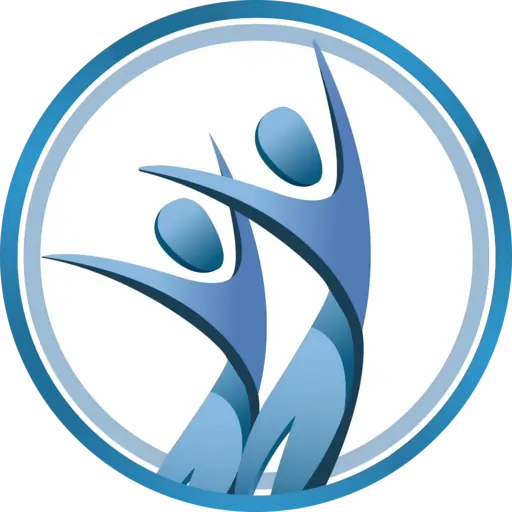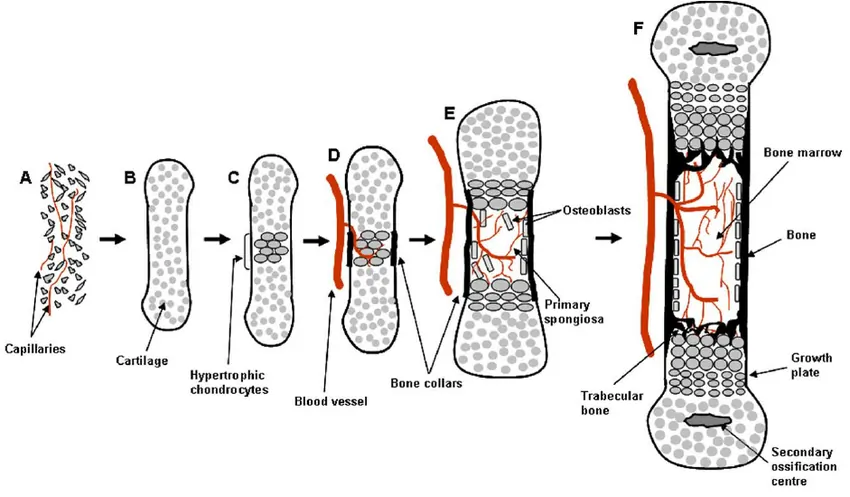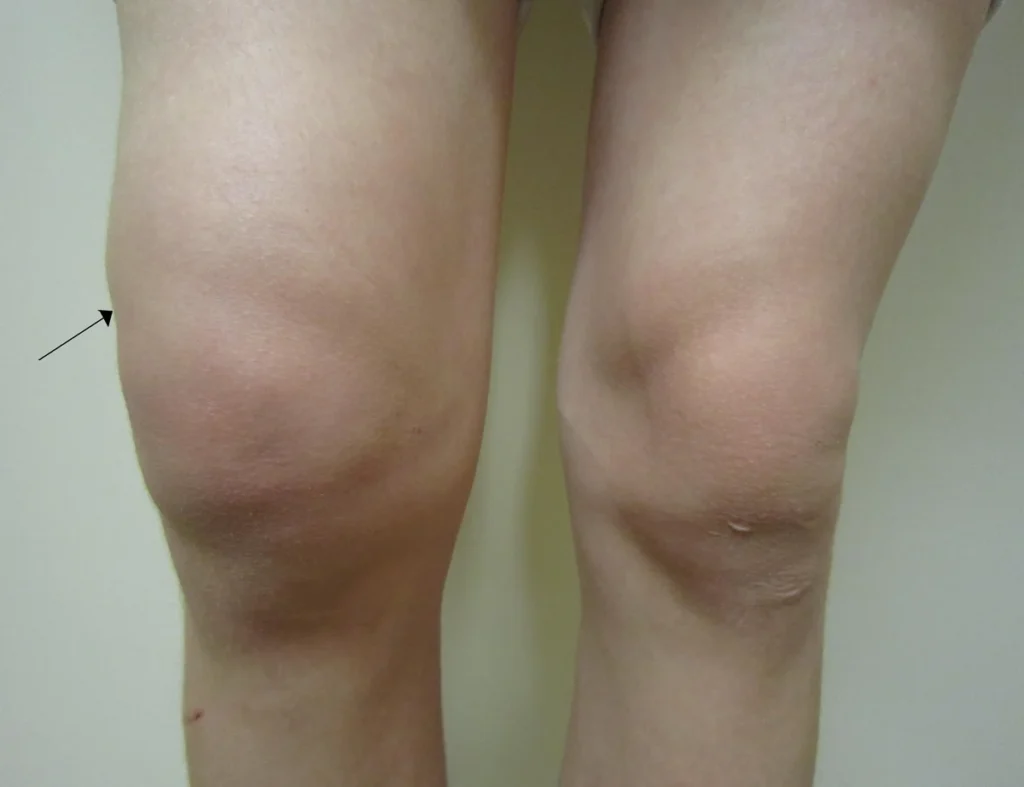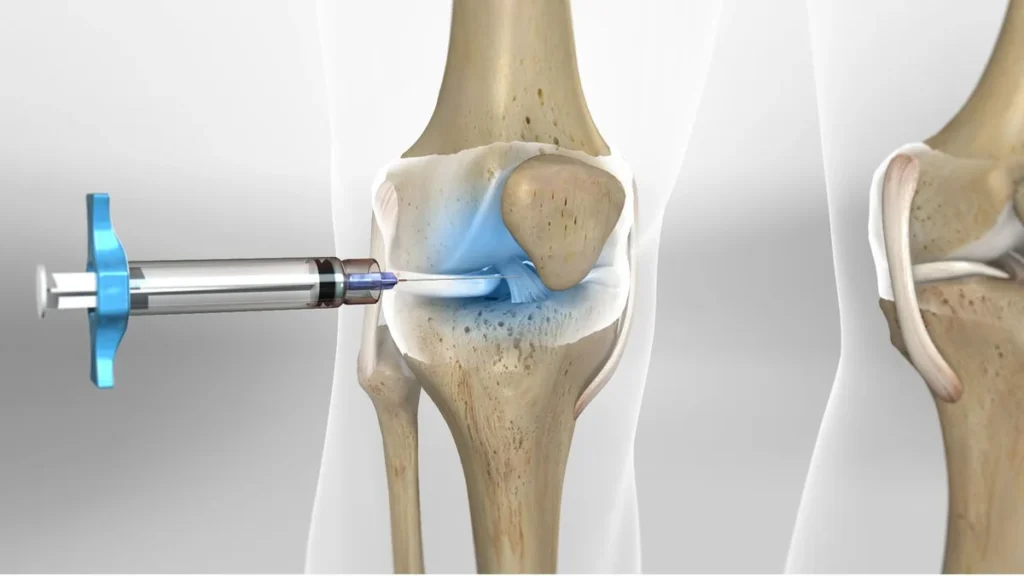This article from the Limb Lengthening Center of Iran discusses the causes of shoulder pain and ways to treat it. Shoulder pain can arise from various reasons. Sometimes, home remedies like massage or ice packs can alleviate shoulder pain; however, if the pain persists for several days or weeks, it’s concerning, and consulting an orthopedic specialist is advised.

Common Causes of Shoulder Pain
In most cases, shoulder pain is caused by fatigue and excessive activities. Some shoulder pains are chronic and occur without any specific activity.
Understanding Tendons and Factors Affecting Tendon Strain
Tendons are very strong tissues that connect muscles to bones. Despite their high resistance, excessive and repetitive activities can lead to tendon injuries. When a tendon is damaged, it can disrupt movement and cause shoulder pain.
One of the influential factors in tendon strain is aging. Also, people who perform repetitive tasks are more prone to tendon strain or tears.
Tendon Tears and Shoulder Pain
Mostly, tendon strains heal with rest. However, in case of a tendon tear, consulting a doctor for medication or physiotherapy exercises is necessary. Sometimes, a sudden impact can lead to a tendon tear.
Bursitis and Shoulder Pain
Sometimes, the primary cause of shoulder pain is bursitis. Bursitis refers to the inflammation of the bursae in the shoulder. These small fluid-filled sacs are located between the bone and tendon, acting as cushions. Therefore, shoulder pain can be due to the inflammation of these bursae.
Causes of Shoulder Pain and Treatment Options
Shoulder pain can have various causes. People under 40 years are less likely to experience bursitis, a common cause of shoulder pain. Bursitis is the inflammation of small fluid-filled sacs around joints, usually seen in people over 40 years old, primarily affecting the shoulders. This condition causes stiffness and swelling in the shoulders.
In most cases, bursitis is treatable with sufficient rest and avoiding pressure on the shoulders. If the pain persists, consulting a doctor and using appropriate medication is essential. In some instances, the doctor may use injectable medication, and in rare cases, surgery may be necessary to treat bursitis.

To make an appointment or get an online consultation with Dr. Nader Motallebi Zadeh, Limb lengthening surgeon, proceed here.
Rotator Cuff Tear as a Cause of Shoulder Pain
Middle-aged individuals and athletes engaged in repetitive activities are at higher risk of rotator cuff tears. Such tears can occur due to a heavy blow to the shoulder or gradually through small, repetitive impacts.
Athletes in sports like tennis, baseball, rowing, or weightlifting are prone to rotator cuff tears due to repetitive arm movements upwards. These individuals should pay attention to correct motion techniques to prevent injuries.
Treatment of Rotator Cuff Tear
Upon visiting an orthopedic doctor for a rotator cuff tear, the doctor first assesses the patient’s condition by asking about pain symptoms and examining the pain location. Early medical consultation can lead to more effective treatment. For a more accurate assessment, the doctor might recommend tests like MRI, ultrasound, and X-rays.
Physiotherapy is one of the most common treatment methods, particularly effective in the early stages of the condition. In severe cases, surgery may be required.
Frozen Shoulder and Its Symptoms
Frozen shoulder develops slowly and has three stages: limited movement, stiffness and pain during movement, and gradual return to normal. The pain intensifies at night, especially when lying on the affected shoulder. Frozen shoulder is more common in women and usually occurs in individuals over 40 years.
Recovery from a frozen shoulder typically takes 12 to 18 months with proper motion practices. Physiotherapy and corticosteroid injections can accelerate the healing process. In special cases, surgery might be necessary.
Home Treatment for Shoulder Pain
Shoulder-pain can be treated at home, but medical consultation is advised for severe or acute pain. For shoulder-pain relief, specific shoulder exercises are recommended daily for several weeks. Proper use of cushions while sitting and the use of pain relievers or hot/cold packs can also be beneficial.
Common Misconceptions About Shoulder Pain
Many people mistakenly believe that they should stop all activities as soon as they experience shoulder-pain. This belief is incorrect. While it’s important to limit heavy and harmful activities, complete cessation is not advisable. For example, avoid using heavy gym equipment or movements that exert excessive pressure on the shoulder.
Suitable Medications for Shoulder-Pain
For shoulder-pain, over-the-counter drugs, injectables, pain relief capsules, and topical gels are options. The use of hot or cold packs can also be beneficial.

To make an appointment or get an online consultation with Dr. Nader Motallebi Zadeh, Limb lengthening surgeon, proceed here.
Frequently Asked Questions About Shoulder Pain
In this section, we address commonly asked questions about shoulder-pain.
What Causes Shoulder Pain?
Shoulder pain can be caused by various factors such as aging, improper motion techniques by athletes, and muscular diseases like tendon strains or tears.
At What Age Is Shoulder Pain More Common?
The likelihood of experiencing shoulder-pain increases with age.
What Medications Are Used for Shoulder-Pain?
To treat shoulder-pain, injectable, oral, and topical medications are recommended.
Final Words on Shoulder Pain
Shoulder-pain is one of the most common types of muscular pain, with an increased likelihood as one ages. The causes of this pain are numerous and include mistakes in sitting and movement principles, as well as how sports activities are performed.



